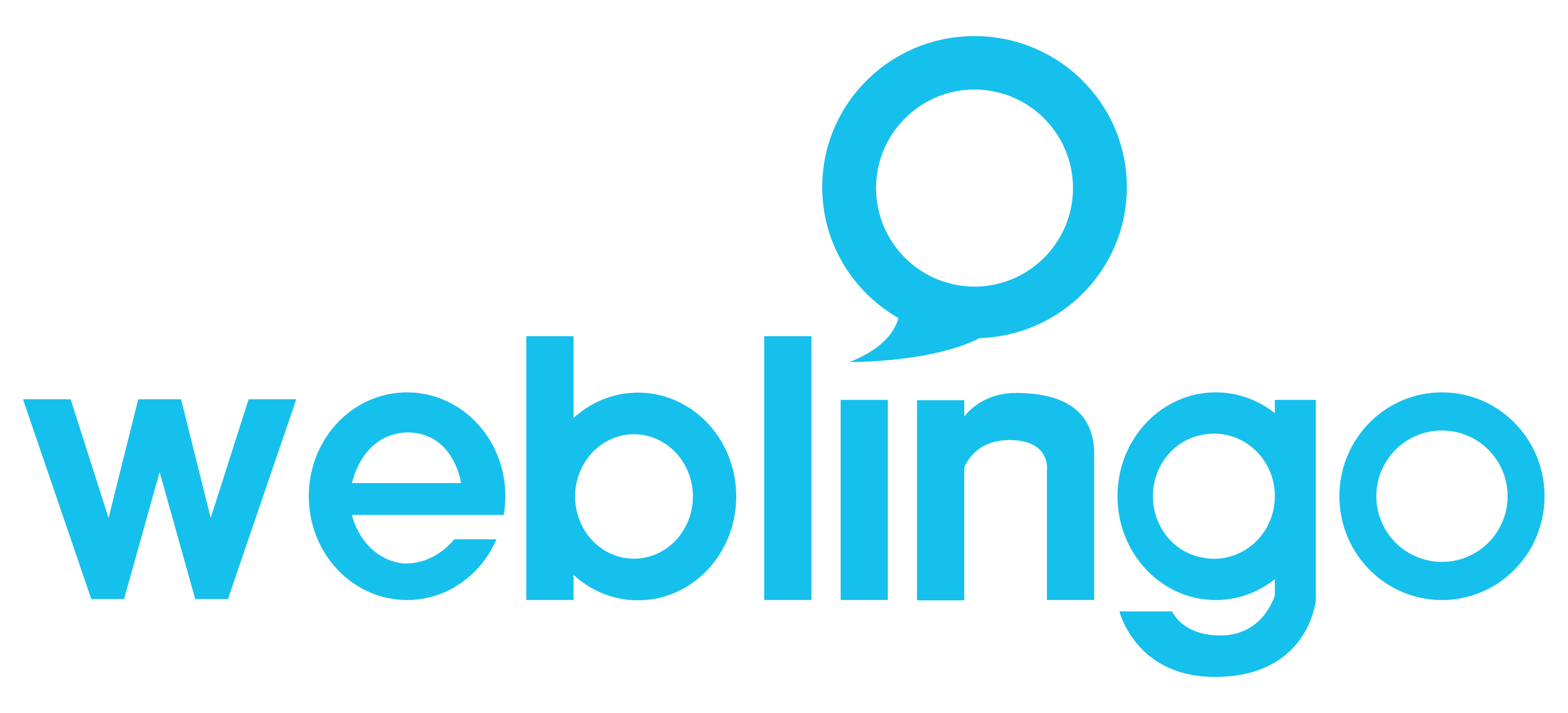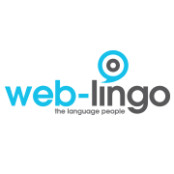Translations can be daunting. Trusting your brand’s content into the hands of a relative stranger can seem a little risky. So, we thought it a good idea to offer a guide when starting out. Here are some things to consider and look for when translating for the first time.
- Your required language
It’s really important to do a bit of research into your target market in order to ensure the language you’re translating into has the right amount of penetration into the market. There’s no use trying to translate into a minor dialect of a large country when you’re looking for maximum reach.
- The desired target market
Furthermore, ensure your target language fits the target market exactly. You don’t want to receive a European Portuguese translation when you’re advertising or marketing in Brazil. A highly-experienced linguist or agency should be able to advise you on what’s most suitable for your requirements.
- Word counts!
Translations can be expensive, so a word of advice. Always try to offer an open, editable document or file in order for the linguist or agency to obtain a word count. It’s nearly always more cost-effective than a scanned page/PDF file, where you’ll generally be charged per hour or per page.
- Reference materials
If you’re business or brand has never translated before, you won’t have a translation memory. Translation memories are best for keeping the correct tone, terminology and consistency within your translations. So, we’d suggest looking at similar brands that you trust and look at their translations. Any reference material will always assist a linguist more than none.
- Glossaries
Glossaries are a really easy way to ensure the translations will be on point. Simply extract all the key terminology from your source file (even if it’s not in English, most agencies should be able to assist) and ask them to translate those terms first. You can always have them double checked by independent linguists to ensure you’re on the right track with your key terms before you begin.
- Tried-and-tested translators
It’s all very well to ask your friend that speaks German to assist with the translations, but professionals know best. At least a degree in the language of specialisation, in combination with specialised industry knowledge of the content piece, will always fare better. As a rule of thumb we always look for between 6 – 10 years of experience as a professional translator before we even consider the linguist in question. Even then, conscientiously reviewing their CV and the content they have worked on before is also a good idea.
The final step would be a short sample piece that you ask for, that can then be reviewed by independent linguists before you begin a project. It sounds laborious, but fixing a bad translation can take a lot more time and money, not to mention trying to restore your reputation in foreign markets.
- Industry specialists
Over and above language expertise, we firmly believe in using linguists that have industry specialisation and loads of prior experience working on content from said industry.
- Bonus Tip – Delivery format
Confirming and understanding how your content will be shared and displayed post-project can save you a ton of time. Always try and avoid the dread ‘copy-and-paste’ scenario, especially when it comes to languages using script fonts. Most agencies can work in a multitude of formats, so chat to them and try to begin the project in the format you wish to distribute it within.
If that’s not possible, then something easily editable is probably best. Also, always do a final post-production proofread before you unleash your content on a foreign market. Gremlins can creep in at any time!
Agencies can offer a certain degree of relief and added credibility when translating for the first time. They’ve completed the process 1000 times before and should have a vast contingent of tried-and-tested translators ready to tackle any project from any industry. If they don’t (which is possible as many agencies may specialise in certain languages and/ or industries) they probably would know who does and who could assist you. The added bonus is they will project manage the process for you. Trust us, it’s a lot harder to manage than you think, and often, when going through multiple updates of the same content, version control can become confusing.
Should you be in this position currently, get in touch with us by clicking the Get a quote option below and we’ll be happy to offer any advice we can.

